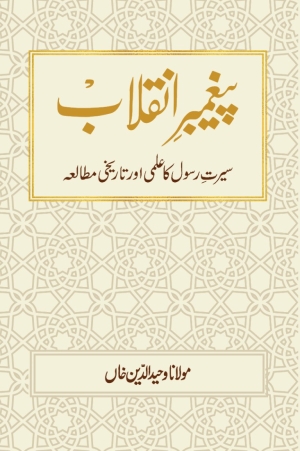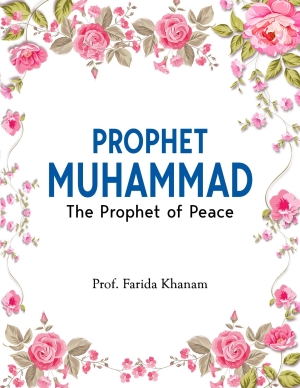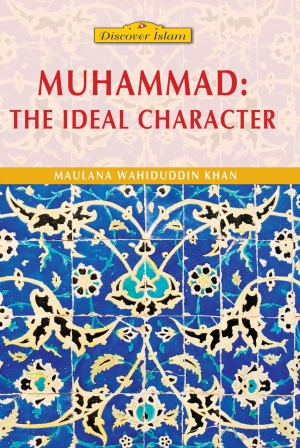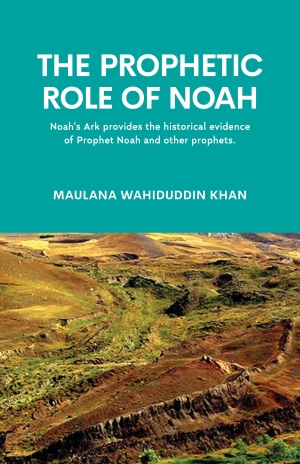As per the Quran, one of the primary responsibilities of the Prophet of Islam was to teach people wisdom (2:129). This has been mentioned many times in the Quran (2:151; 4:164; 33:34; 62:2). As a result, he urged his followers to adopt a wise approach in all their dealings. Several sayings on this subject have appeared in the books of Hadith. For instance, he observed: ‘We must not feel envy except for two kinds of people: those who, when given wealth, spend generously in the path of Truth, and those who, when given wisdom, teach it to others and take right decisions.’ (Sahih al-Bukhari, Hadith No. 73) A companion of the Prophet, Abdullah ibn Abbas said that the Prophet of Islam embraced him and prayed to God to grant him wisdom. (Sahih al-Bukhari, Hadith No. 3756)
Many traditions have been recorded which underscore the importance of wisdom. For instance, the Prophet of Islam said: ‘How good is the gathering at which wise sayings are uttered.’ (Musnad Al-Bazzar, Hadith No. 2458) Similarly, he said: ‘There is no better gift than words of wisdom.’ (Musnad al- Shahab, Hadith No. 1316)
In some traditions, wisdom and a deeper understanding are more important than worship. As recorded in the Hadith (sayings of the Prophet);
One learned religious scholar carries more weight than one thousand worshippers. (Sunan Ibn Majah, Hadith No. 222 and Sunan Al-Tirmidhi, Hadith No. 2681)
Featured Articles
Featured Videos
FAQs
A believing Muslim is bound to respect all the prophets. He cannot differentiate between the messengers of God. This is an article of the Islamic faith.
God had sent a prophet or messenger to every group and community of people in this world. All the messengers of God enjoy an equal status. In the chapter al-Baqarah (The Heifer), the Quran says:
We do not differentiate between any of His messengers. We hear and obey. Grant us Your forgiveness, Lord, to You we shall all return! (Quran 2:285)
The Prophet is recorded to have said, Do not give me superiority over other prophets. (Sahih al-Bukhari, hadith no. 4638)
This Quranic verse and the hadith relate directly to the messengers or the prophets of God. But both also have a broader application, according to which, every person is worthy of respect, regardless of creed or culture. Such belief promotes a culture of equal respect among mankind. Difference in belief is necessarily subject to discussion, but not a reason for discrimination. If your belief system is different from that of others, you have every right to engage in discussion and dialogue on the subject, but in the process, you have no right to show disrespect to others. This holds true even if you believe that your ideology enshrines the supreme truth. The culture of discrimination is, after all, quite alien to a divine religion.
Source: The Seeker’s Guide
A prophet is a person chosen by God as His representative. When God appoints someone as His Messenger, He sends His angel to him to inform him of his new status. In that way, the individual can have no doubts about his appointment as God’s apostle. Later, God reveals His message to him through His angels, so that he may communicate the divine teachings to all his fellow men.
God has given man a mind so that he may be endowed with understanding. But this mind can only grasp things that are apparent. It cannot go below the surface, and there are many things to be apprehended, for which a superficial knowledge is insufficient. The deeper realities of this world are beyond the scope of the human mind, and so far as God and the next world are concerned, they must remain forever invisible-beyond the reach of human perception.
What the prophet does is to enlighten people so that they may overcome this human inadequacy. He tells of the reality of things here and how, and also gives tidings of the next world. He thereby enables the individual to formulate a plan for his entire existence in the full light of knowledge and awareness so that he may carve out a successful life for himself.
Since the settlement of human beings on earth, the prophets have been coming one after another. In every age they have been the conveyors of God’s messages to human beings. However, whatever records of these ancient prophets have survived have been rendered historically unreliable by interpolations. The same is true of the books they brought to mankind. The sole exception was the case of the Prophet Muhammad, who had been chosen by God as His Final Messenger. The Prophet was born in an age when the history of the world was already being extensively chronicled. This in itself made circumstances conducive to authentic records being kept of God’s messages and the Prophet’s exemplary life. The relevant facts were passed on from one generation to the next by both oral and written tradition, and with the advent of the printing press came the modern guarantee that no changes would ever be made in the divine scriptures. This renders unassailable the position of the Prophet Muhammad as God’s Final Messenger and His sole representative on earth till Doomsday.
Source: The Seeker’s Guide

























